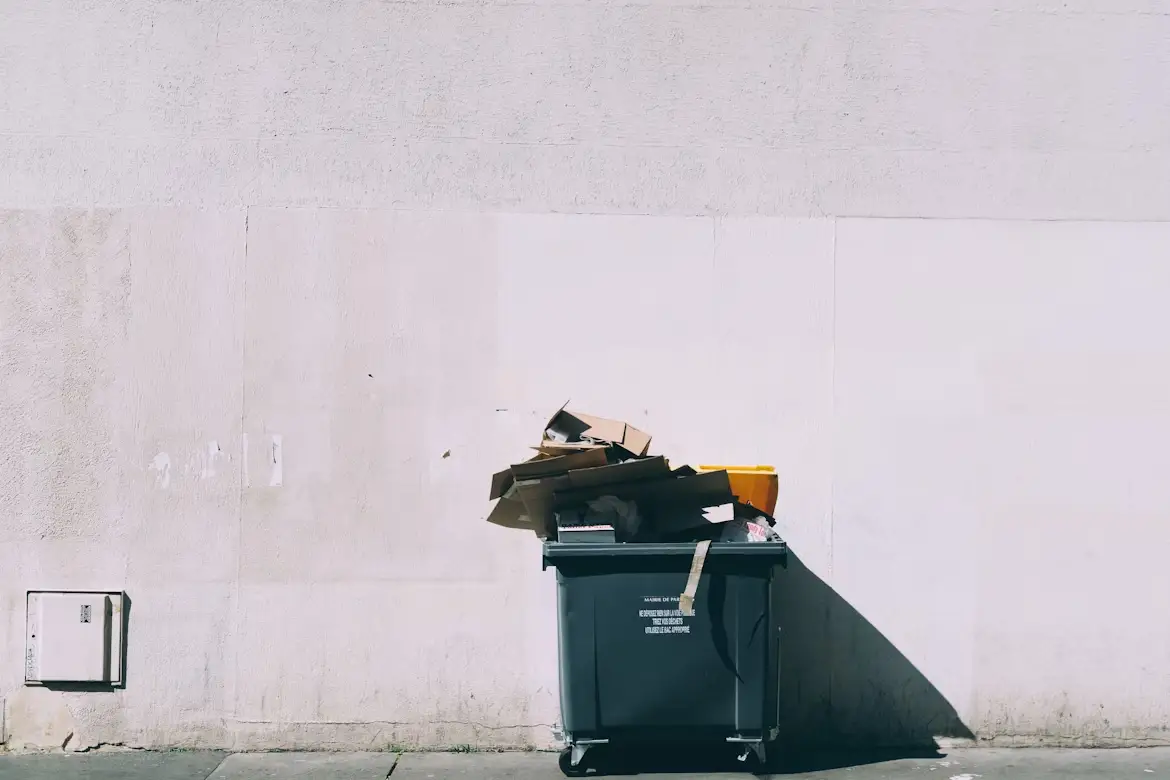
-
Posted By Editorial Staff
-
-
Comments 0
It doesn’t matter what kind of business you run; cash flow and money management are incredibly important. Money is literally the lifeblood of a business, as it keeps the company running and provides a wage for the owner and the people who work in the business itself.
So, it stands to reason that the more money you save, the better. This is why it helps to be as efficient as possible and to cut down on waste. Waste represents lost resources, which can cost more money than necessary. By reducing waste, you maximize the time, money, and materials at your disposal.
Table of Contents
ToggleReducing Wasted Space
One resource that can be wasted without you realizing it is physical space. Space costs money, especially if your business premises or warehouse is located in a heavily built-up area. It’s important to try to be as efficient as you can when utilizing space.
For example, the warehouse is a vital part of your logistics and storage system. While it might be tempting to have massive amounts of product and intermediate materials in storage so that you won’t have to worry about running out of stock, this can end up costing you a lot of money.
Instead, it’s a good idea to focus on a more flexible logistics system. Make sure to keep track of what you have in stock and what is selling more quickly, so you can keep just enough stock in storage without using a lot of space or, even worse, letting your warehouse stand empty.
Reducing Wasted Utilities
Whether your business has offices, a retail store, warehouses, factories, or any other building, it’s going to use utilities of some sort. You need electricity and water to run a building; it’s as simple as that.
Utility bills can run surprisingly high, especially if your company doesn’t do anything to mitigate potential waste. But there are ways to still run a business without any needless use of electricity or water. Even better, this doesn’t just potentially save money, but it also allows your business to be more sustainable.
First, regular maintenance to get rid of inefficiencies like leaky faucets can reduce waste by a surprising amount. You should also keep track of your energy usage so you can find ways to cut your energy bill, such as by turning off lights and devices when they’re not in use.
Reducing Wasted Materials
Finally, it’s important to think about the materials you use and, even more importantly, what happens when they’re thrown away. Rather than chucking everything in the landfill, first try to reduce how much you end up wasting during processes. Look for ways to reuse waste products and materials, even if you end up selling them for less.
When it comes to disposing of waste, make sure to sort it properly. Scrap metal, for example, can be processed and recycled as long as it’s managed correctly. The same applies to other materials that can be recycled and reused if disposed of properly.





